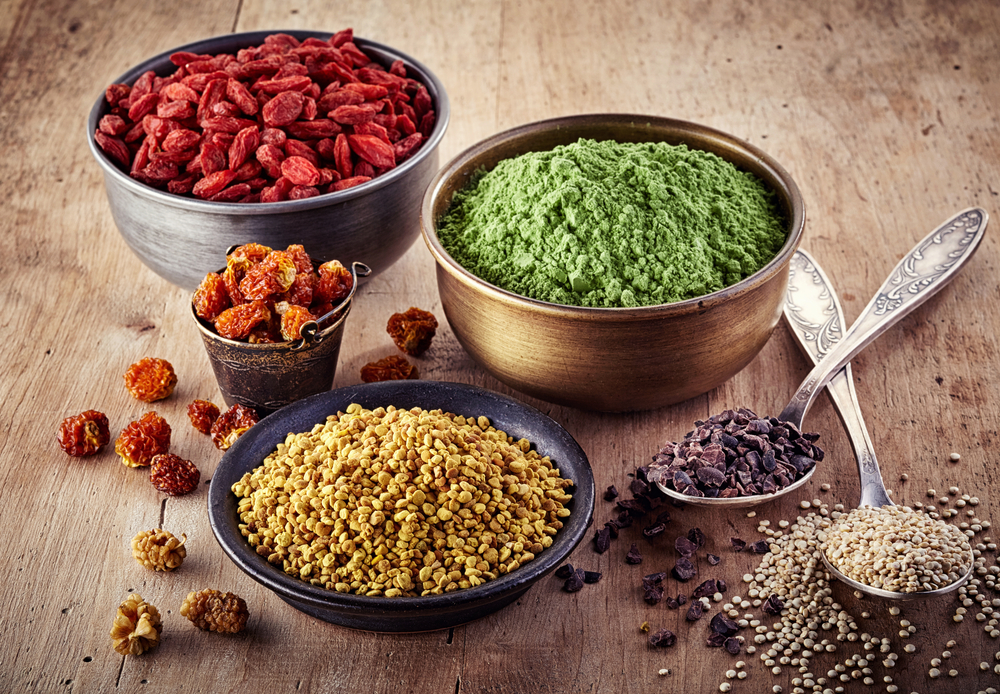
The term “superfood” is not legally regulated. Superfoods, however, are often referred to as foods whose ingredients are considered particularly beneficial to health – for example, due to their high content of vitamins or minerals and fibre. Only 8 percent of respondents associate health risks with the consumption of superfoods.
“Superfood products are often not sufficiently investigated to be able to evaluate them from a health perspective,” says BfR President Professor Dr. Dr. Andreas Hensel. “A balanced and varied diet remains the best basis for staying healthy. This can be supported by the consumption of imported superfoods just as by the consumption of local fruits and vegetables.”
Link to the Consumer Monitor special on superfoods: https://www.bfr.bund.de/cm/364/bfr-consumer-monitor-2020-special-superfoods.pdf
Link to the superfoods A-Z index: https://www.bfr.bund.de/en/a-z_index/superfoods-259079.html
In Germany, 70 percent of the respondents have already heard of the term “superfood“. About half see high health benefits in these foods. The main benefits cited are the content of vitamins, a generally positive effect on the body and a strengthening of the immune system. One third of respondents have superfoods on their menu at least once a week. However, almost 40 percent state that they do not consume any superfoods at all.
Compared to local foods, the majority tend to label imported foods, such as chia seeds, goji berries and quinoa, as superfoods. Yet, local foods often provide comparable health benefits. For example, blackcurrants present an alternative to goji berries due to their high content of vitamin C just as linseed, with its high content of proteins and omega-3 fatty acids, shares similarities with the nutritional profile of chia seeds.
About two out of five respondents consider the health benefits of superfoods to be scientifically proven. Just as many assume that superfood products are tested for health safety before they are available in Germany.
This particularly applies to superfoods that were rarely used for consumption in the European Union before 1997 and are, therefore, considered to be novel foods. They have to go through strict approval procedures, including an official health safety assessment. Thus far, this has applied to chia seeds, for example.
However, some superfood products, such as certain food supplements, consist of extracts or preparations of plant-based superfoods, which may contain potentially harmful substances in concentrated form. The lack of standards in extraction procedures or partly insufficient data from studies can make the health risk assessment of these products difficult. For this reason, they cannot be compared to the plant-based superfoods from which they are derived.
Only 8 percent of respondents believe that superfoods can pose health risks. Even though the positive effect of these foods for the health usually takes centre stage, certain ingredients and contaminants can be harmful to health if consumed excessively. In some cases, superfoods can also trigger intolerances or allergic reactions.
More detailed information on the possible health risks of superfoods can be found at: https://www.bfr.bund.de/cm/343/superfoods-super-gut.pdf (in German)
